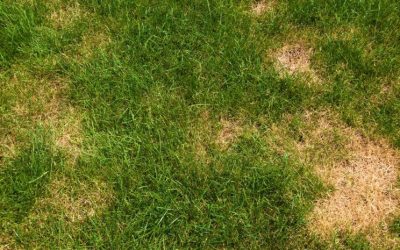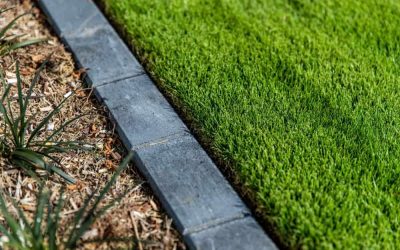7 Effective Homemade Natural Weed Killer Remedies
Quick Links
Natural Weed Killers
Garden weeds can be a nuisance. You spend a lot of time beautifying your yard to have a perfect lawn then out of nowhere, weeds can just magically appear.
Before you know it, they could easily take over your yard if you don’t do something about them. While some people think that it’s quite easy to manage pesky weeds using a chemical weed killer, they may not always be the best option available.
Many commercial herbicides and weed killers contain chemicals that are harmful to our health. A good alternative is to prepare your own natural weed killers.
We have listed some of our top favourite tested natural homemade weed killers worth trying:
1. Manual Weeding
With manual weeding, you don’t use any solution or product to do it yet it is one of the most effective natural ways of killing weeds in your garden.
Weeds are aggressive and if you ignore them, they quickly take over your yard.
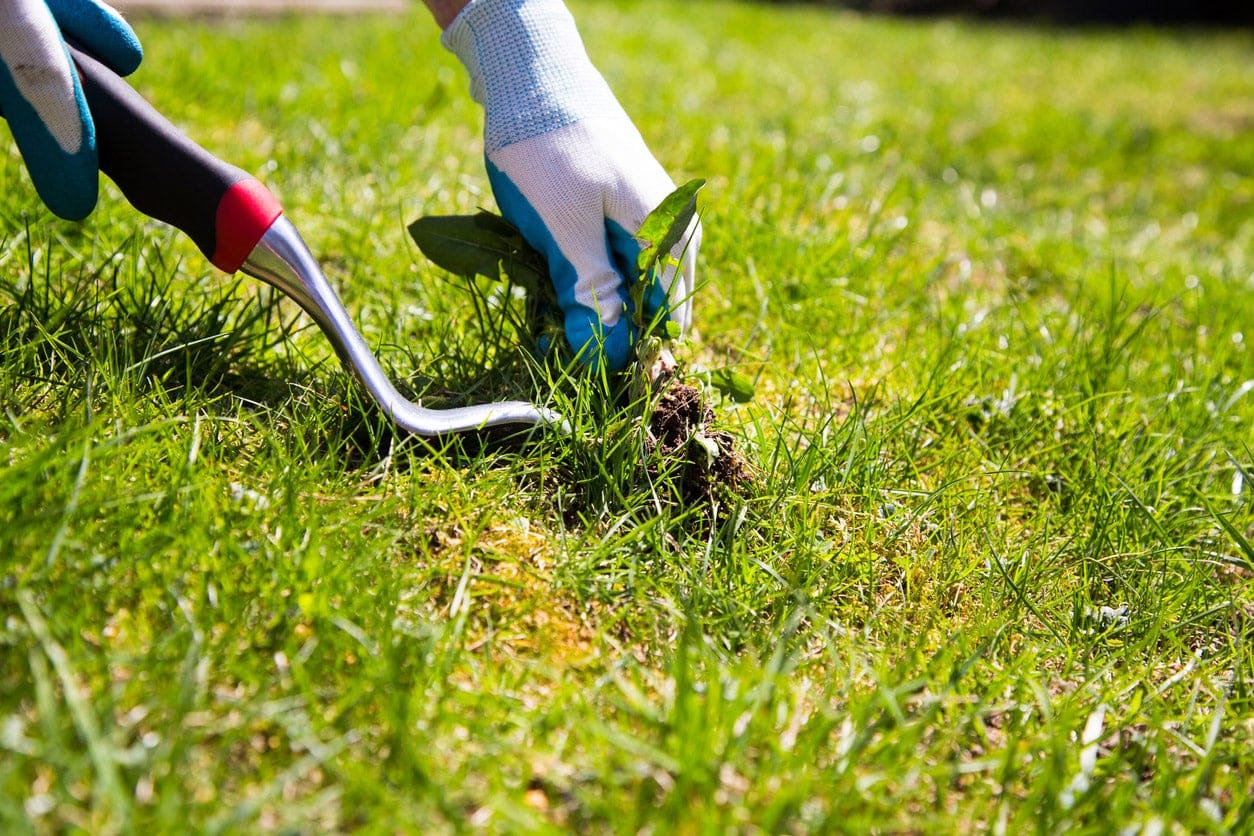
You could also easily manage and prevent weeds with diligent weeding habits. You could either pull weeds manually or use weeding tools such as a hand weeder, a standing weeder or a weeding knife.
This method could take so much effort but you also get the best results if done properly.
2. Boiling Water
This natural homemade weed killer is the simplest and cheapest solution that you can use to kill weeds in your garden.
Simply pour boiling water over the areas with heavy growth and in between pavement cracks. The hot water may not go all the way to the roots but it could dry up the weeds.
After a day, you can already sweep up the dried weeds from your yard. To increase the effectiveness of boiling water, you could add a tablespoon of salt to every kettle of boiling water.
Just don’t add the salt directly to the kettle, but use another container.
Caution
Boiling water would kill grass and every plant in its path, so be extra careful when applying this in your garden. Make sure to wear something to protect your feet from splashing water.
3. Baking Soda
Baking soda is also an incredible weed killer for your garden. It works as a desiccant or hygroscopic substance that absorbs the moisture in the surroundings.
You could sprinkle it over patios, pathways, and pavements to kill weeds. Baking soda will suck the water off of the weeds, causing the plant tissues to dry up and eventually die.
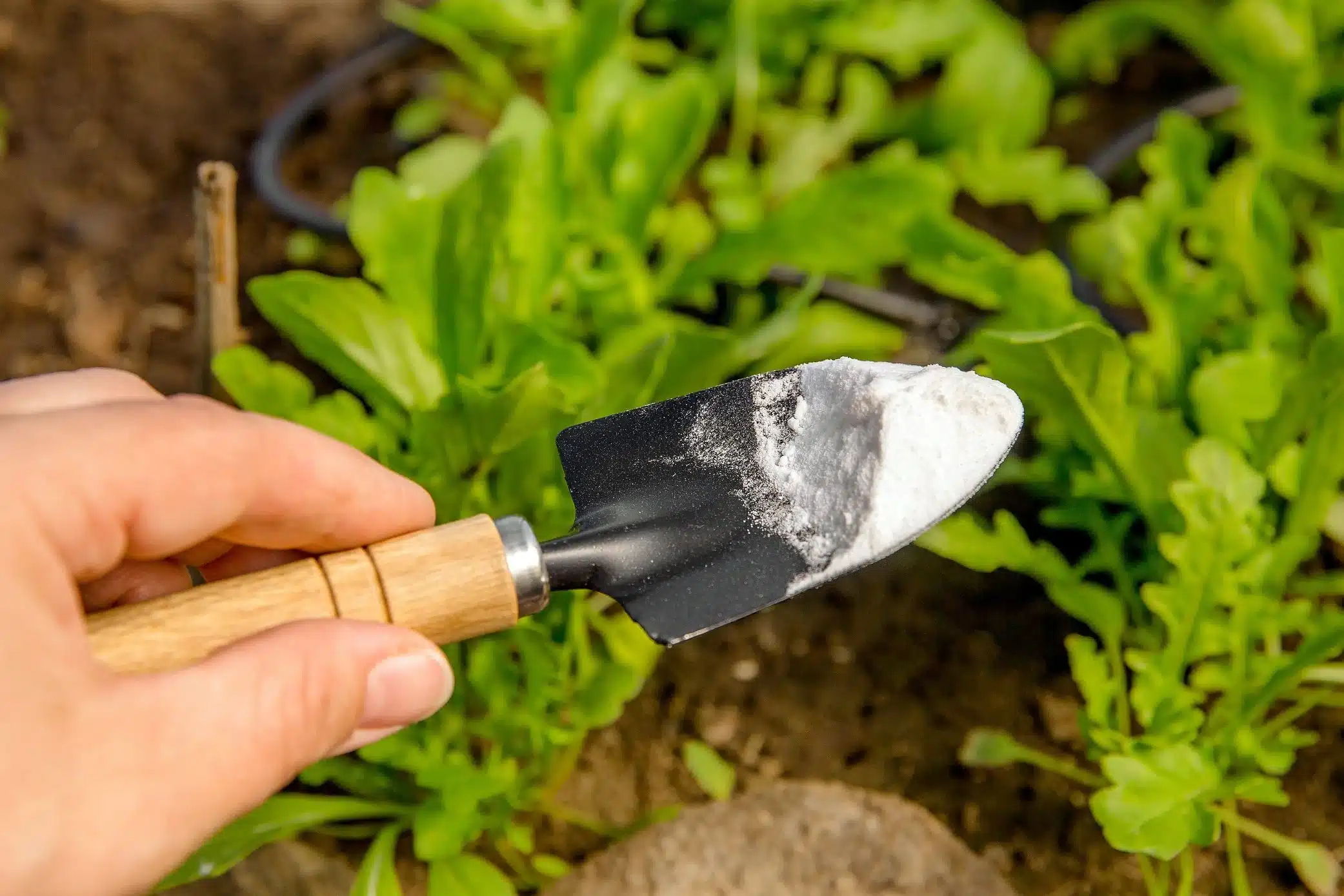
Another way of applying this homemade weed killer is to mix it with water and vinegar.
One of the most popular homemade weed killer recipes that you can prepare involves mixing 1 1/2 cups of baking soda in a gallon of water plus a tablespoon of vinegar.
You could transfer enough amount of the solution to a spray bottle for ease of application.
Caution
Baking soda works best during spring or fall. It’s recommended to apply this weed killer after the rain. Don’t use it where there are other plants nearby as it will also kill them.
4. White Vinegar
Vinegar is also one of the most inexpensive and easy-to-use natural weed killers. You could use any vinegar that contains 5% acetic acid as an active ingredient. For stubborn weeds, you may have to find a stronger one with a 20% acetic acid concentration.
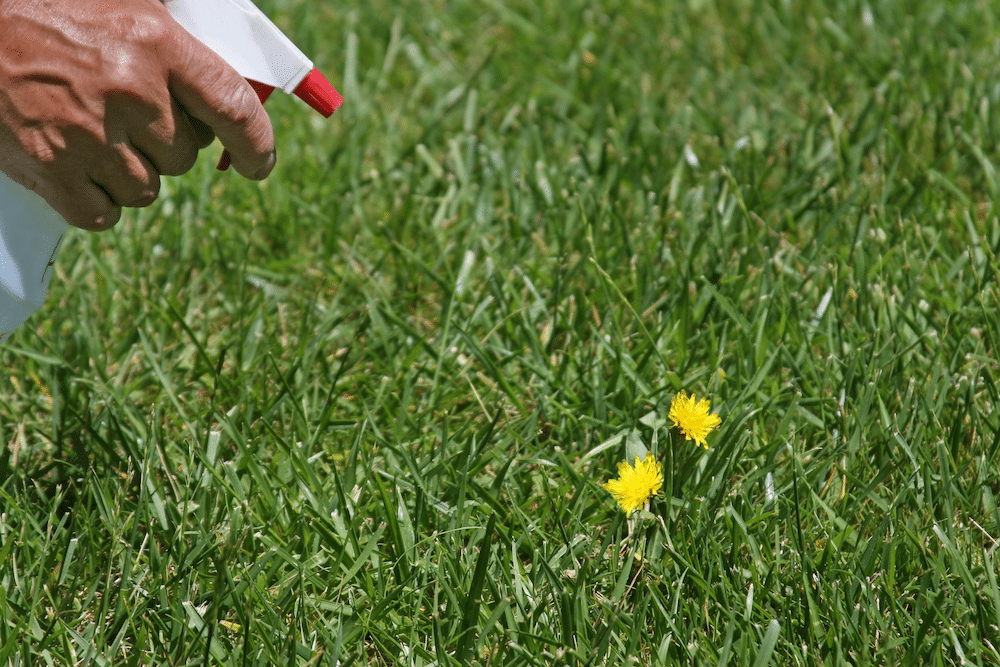
To use vinegar, simply spray it directly on the weeds. It may not immediately kill weeds that are well-rooted so you need to repeat the process once every week for a few weeks.
Caution
The vinegar solution will kill weeds and other nearby plants in your garden. For this reason, it’s important to observe extreme caution if you will apply it where there are turf and other plants near the weeds.
5. Salt + Vinegar + Dish Soap
Another effective weed-killer recipe worth trying is a mixture of 2 parts Epsom salt, 1 part white vinegar and a tablespoon of dish soap or dishwashing liquid.
The dish soap acts as a surfactant that reduces surface tension, letting the solution bead on the leaves instead of getting absorbed by the plants.
This herbicide is most effective when you apply it on a sunny day or when there is direct sunlight.
Caution
It is important to exercise safety precautions when using a mixture of Epsom salt, vinegar and dish soap solution for weed control.
This weed-killer recipe will also kill grass and other plants so be careful when using it. Make sure to only spray directly on the weeds. You can also use a paintbrush to control what this weed touches.
6. Rubbing Alcohol
To use rubbing alcohol, mix one tablespoon of rubbing alcohol with half a quart of water. Pour the solution into a spray bottle then apply in areas with unwanted growths.
It can easily kill an entire plant or weed by drawing moisture away from them. As they dry up, they will eventually die.
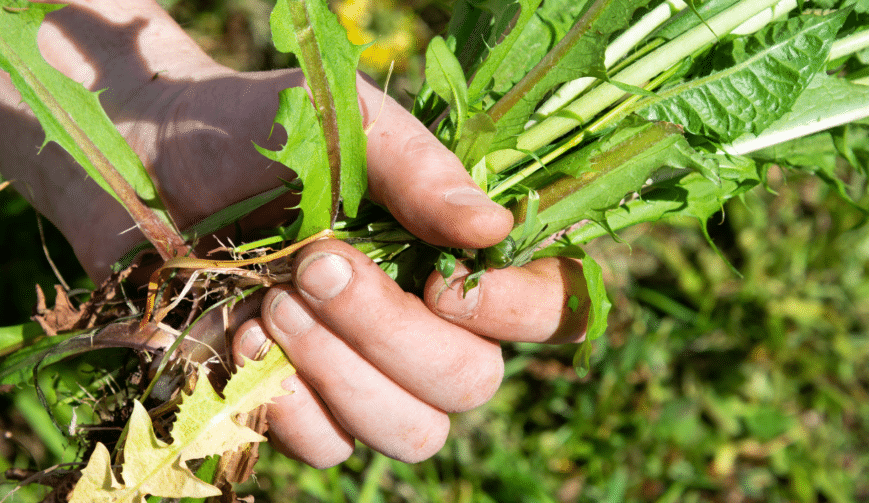
Caution
While rubbing alcohol can effectively control weed growth that sprung through the cracks, it is not all-natural and not a realistic option as an herbicide.
We added it to our list so you are aware that it can be an option.
7. Propane Torch
It may come as a surprise, but you could also use a propane torch to quickly kill weeds. Flame weeding using a propane torch is an organic method of removing weeds from the soil.
With the flamer on, walk at a slow pace and pass the flamer over the weeds in a sweeping motion. You just need to apply enough heat to wilt the weeds.
Caution
Do not use this method in the peak of summer as it could cause a grass fire. Be careful also when using a torch where plants and weeds are closely packed together.
Preventing Weeds from Coming Back
Once you are able to get rid of the weeds in your garden, you can then use organic measures to prevent unwanted growth.
Here are our top picks:
Mulching
Putting a thick layer of mulch after removing the weeds could prevent them from emerging again. Mulch blocks sunlight which is essential for plant growth.
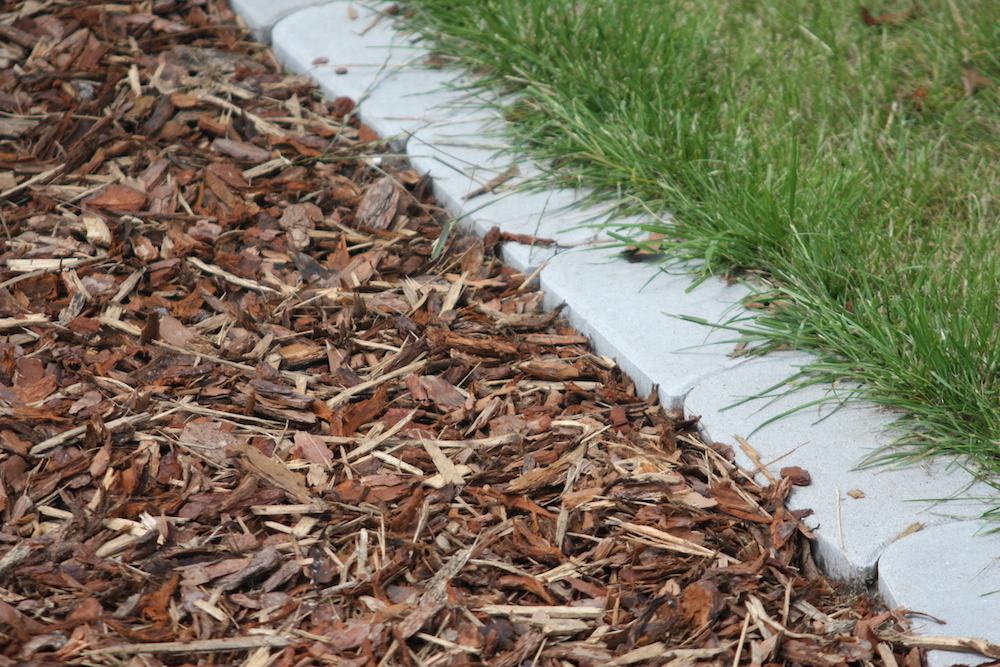
Moreover, mulch also protects your plants from the extreme heat of the sun, so it serves a double purpose. Use organic mulch such as wood chips or bark to kill and prevent weeds from growing.
Keep the mulch topped up to a minimum depth of at least 4 inches from the soil. This is enough to smoothen established weeds.
Edging
Using boards or strips, you can create edges that will stop weeds from going beyond the border. Edging is especially useful where there are invasive weeds and grasses.
Root Barriers
Root barriers are inserted into the soil to stop weeds such as ground elders and other perennials from spreading.
You could also use a barrier to restrict the growth of invasive plants. Commonly used barriers include iron sheets and paving slabs.
Alternative Organic Weed Control
Apart from the natural weed killers we have listed above, you may also consider trying commercial organic herbicides that do not contain harmful chemicals.
One of the popular options available is corn gluten. Corn gluten is a by-product of the wet-milling process and is becoming a popular natural herbicide.
It’s important to note that corn gluten is only effective in germinating seedlings and will not harm established roots.
It is safe for your soil and established plants in your garden. For maximum weed control, use it in the early spring and apply it again in late summer.
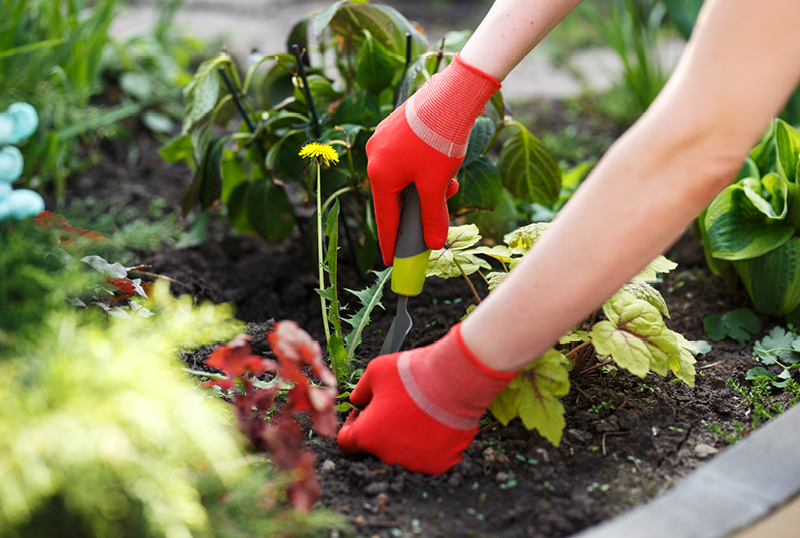
Commercial herbicides may be effective in killing weeds in your garden, however, they may also negatively impact soil quality and affect your health.
Fortunately, there are solutions that you can easily prepare at home that are effective in killing weeds growing on your lawn.
Once you are able to get rid of weeds, you can then prevent them from coming back by using any of the organic methods that work for you.
read more!
recent posts
Choosing the Right Weed Killer for Your Sir Grange Zoysia Lawn
Discover the best weed killer for Sir Grange Zoysia and essential tips for effective application. Enhance your lawn’s health and beauty!
Why Is My Zoysia Grass Dying? Common Causes and Solutions to Revive It
Is your Zoysia grass struggling? Discover common causes of decline and effective solutions to restore its health. Read the article for expert tips!
How To Repair Zoysia Grass
Learn effective solutions to repair Zoysia grass and achieve a lush, healthy lawn. Discover practical tips and techniques to restore your yard today!

Our Turf
TifTuf Bermuda
Buy Turf Online © 2019 All Rights Reserved. | Proudly Designed and Developed by Sydney ICT


